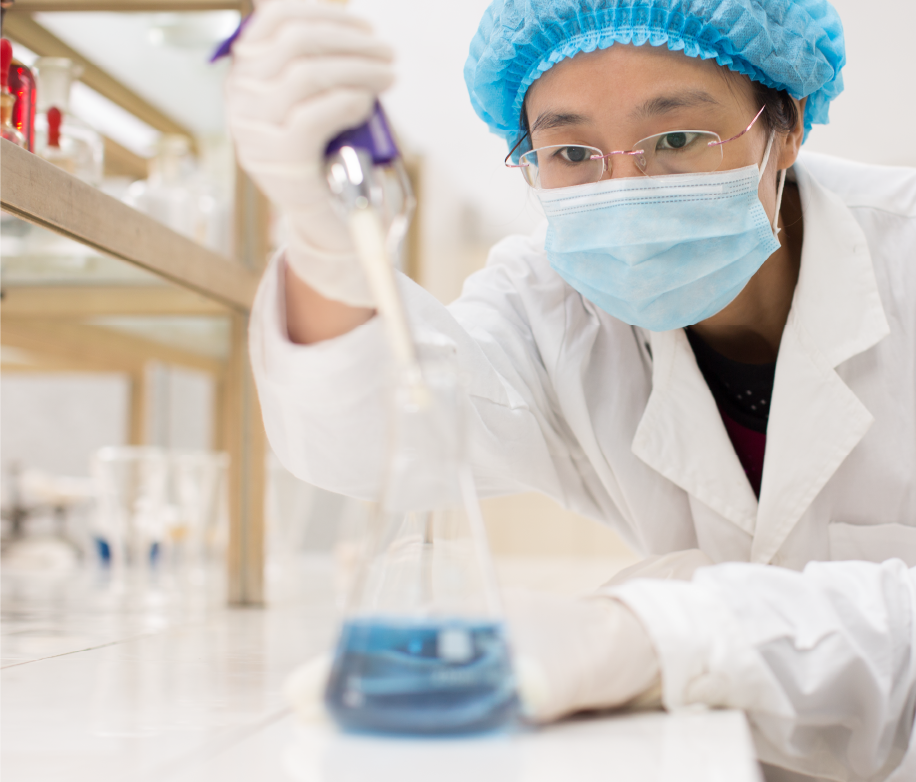May is Asian Americans and Pacific Islander Americans (AAPI) month. To recognize the AAPI community we are highlighting the influence and contributions from an AAPI inventor who has enriched history and expanded the potential of our future.
WHO: For this year’s AAPI heritage month, we’re putting the spotlight on Margaret Wu, a chemist with over 100 patents and 2021 National Inventors Hall of Fame inductee whose discoveries paved the way for a new era of sustainability.
Born in Taiwan, Wu’s promise as an innovator emerged at young age. After earning a bachelor’s degree in chemical engineering, she was offered a full scholarship to pursue a doctorate in physical organic chemistry at the University of Rochester. After graduating, Wu began a position as a scientist for ExxonMobil. There, she was able to work creatively and collaboratively thanks, in part, to robust IP systems that helped protect her innovative ideas and inventions.
THE CHALLENGE: Scientists began to create synthetic, or “man-made,” motor lubricants over 80 years ago during World War II, in an effort to generate a more energy-efficient lubricant than conventional oil. By taking conventional oil and modifying it to enhance key qualities, such as stability and durability, scientists were able to create an oil that improved engine reliability in a variety of ways. This synthetic lubricant quickly became the preferred choice.
A surge of innovation caused an unprecedented expansion of motorized technology. As machines changed, the need for a novel synthetic lubricant beyond the scope of what scientists had already developed emerged.
THE OPPORTUNITY: Wu was one of only a few women working as a chemist at ExxonMobil, when she made a groundbreaking discovery: an entirely new class of molecule called polyalphaolefin (PAO) that could outperform other molecules being used for these lubricants. From her research, Wu proved that PAO had superior lubricant properties, and had the potential to improve engine performance, fuel economy and longevity of engines beyond what existed at the time.
Wu’s discovery continues to meet the crucial needs of engineers in this changing technological landscape— PAO lubricants are currently the top choice for efficient operation of machines ranging from wind turbines to passenger car engines. Thanks to Wu’s innovation, engineers across industries can opt for a lubricant that reduces waste, conserves energy, and keeps engines moving smoothly, even in the harshest of temperatures.
The support of IP was a crucial component to recognizing, incentivizing and bringing to life Wu’s trailblazing inventions. Having patented over 100 of her ideas, Wu was able to obtain the security she needed to bring her research and ideas into reality. Robust IP protections have the ability to help all innovators, like Wu, ensure that their novel findings reach the world. This month we celebrate Wu and other AAPI-identifying innovators, their ideas, and the impact they’ve had on the world.


